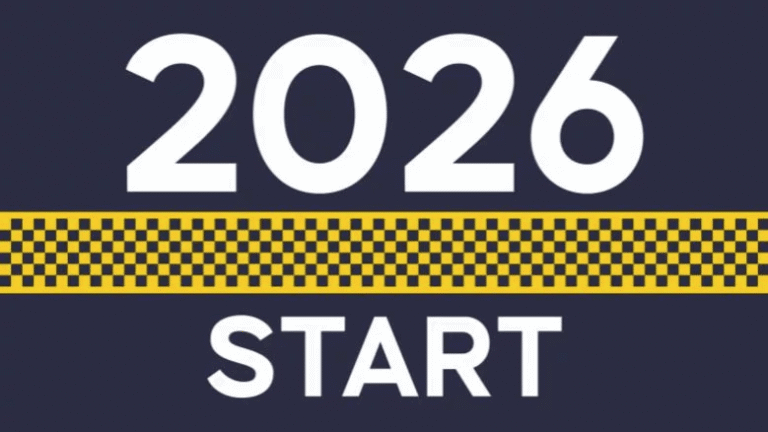In most trade industries, and especially within restoration and cleaning, there is a significant amount of training geared toward helping new frontline hires gain the technical skills necessary to perform the work they’ve been hired to do. This technical training is fundamental to the success of just about any company in any industry.
In addition to classroom instruction, training frequently involves having the new employee work alongside an assigned “trainer” until they’ve acquired sufficient skills to work unsupervised. In smaller organizations this trainer might be the owner, while in larger ones it’s frequently another technically competent and trusted frontline worker.
All this training is good! After all, what customer wants to hire a plumber who doesn’t know how to fix a broken pipe, an electrician who can’t safely install an outlet, or a carpet cleaner who thinks using bleach to lighten a soiled traffic lane is a good idea?
The challenge many small businesses encounter is becoming victims of their own success. With an increased workforce to handle growth, many then find themselves in the position of needing to hire or promote people into supervisory positions.
The part that frequently gets overlooked with technical training is that while it provides new employees with great instruction on how to perform a particular task, it does little to prepare them for advancement beyond a frontline worker role. While this has an obvious downside for the employee who wants to move up in the company, it can have an even greater impact on small businesses when an employee falls short in their new supervisory or management role.
Too often we don’t invest the same effort and money into developing the people who will drive the performance of the frontline staff doing the work or the people who may ultimately be driving the company. While a two- or three-day workshop and lots of on-the-job experience may be sufficient to keep technical skills sharp, this is rarely the case when it comes to management or supervisory competence. Becoming proficient in these roles requires not only learning new skills, but frequently a change in our behavior and in our thinking about these roles is needed. This is where many entrepreneurs struggle with the rigors of training managers and supervisors for several reasons.
- Entrepreneurs are usually not good managers themselves, so it can be difficult for us to recognize the characteristics of a good manager.
- Entrepreneurs are usually not good trainers. Oh, sure, some of us can do this once. But the impatient, easily distracted, and easily bored characteristics that make us good entrepreneurs usually get in the way of our being effective trainers.
- We promote the wrong people into management or supervisory positions. People who are like us, or family members, or our best frontline workers—not necessarily someone who possesses the skills or desire to manage others.
- We don’t give new managers adequate time to develop their management skills. Just as with technical skills, people usually get better with practice.
Fortunately there is hope, as I discuss in Part II of this series.



